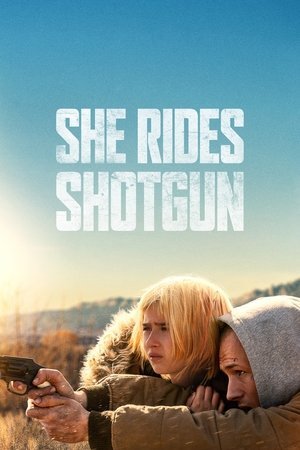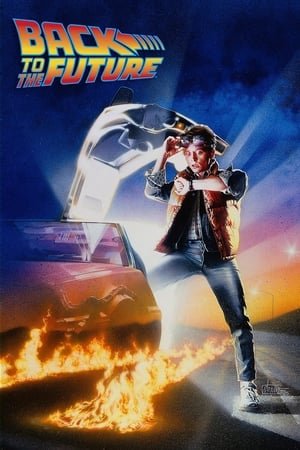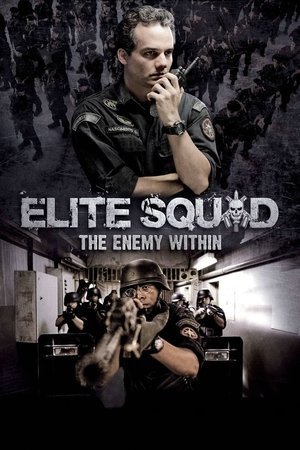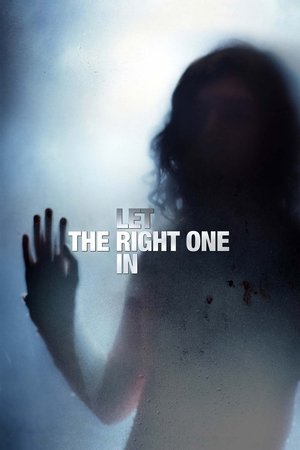Nostalgic Movies and TV Shows – Explore Epic Stories & Anime
2025,
US, Drama
2008,
JP, Music
1998,
US, Comedy
1988,
IT, Drama
1927,
DE, Drama
1984,
US, IT, Drama
1975,
SU, Animation
1992,
US, Animation
1945,
US, Drama
1987,
US, Adventure
2010,
BR, Drama
2014,
US, Drama
2023,
US, Comedy
1978,
IT, Drama
2005,
US, Drama
2008,
SE, Horror
1989,
US, Adventure
1995,
JP, Animation
2025,
US, Fantasy
1981,
US, Drama







































